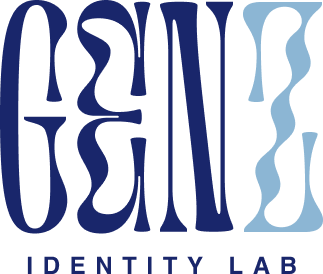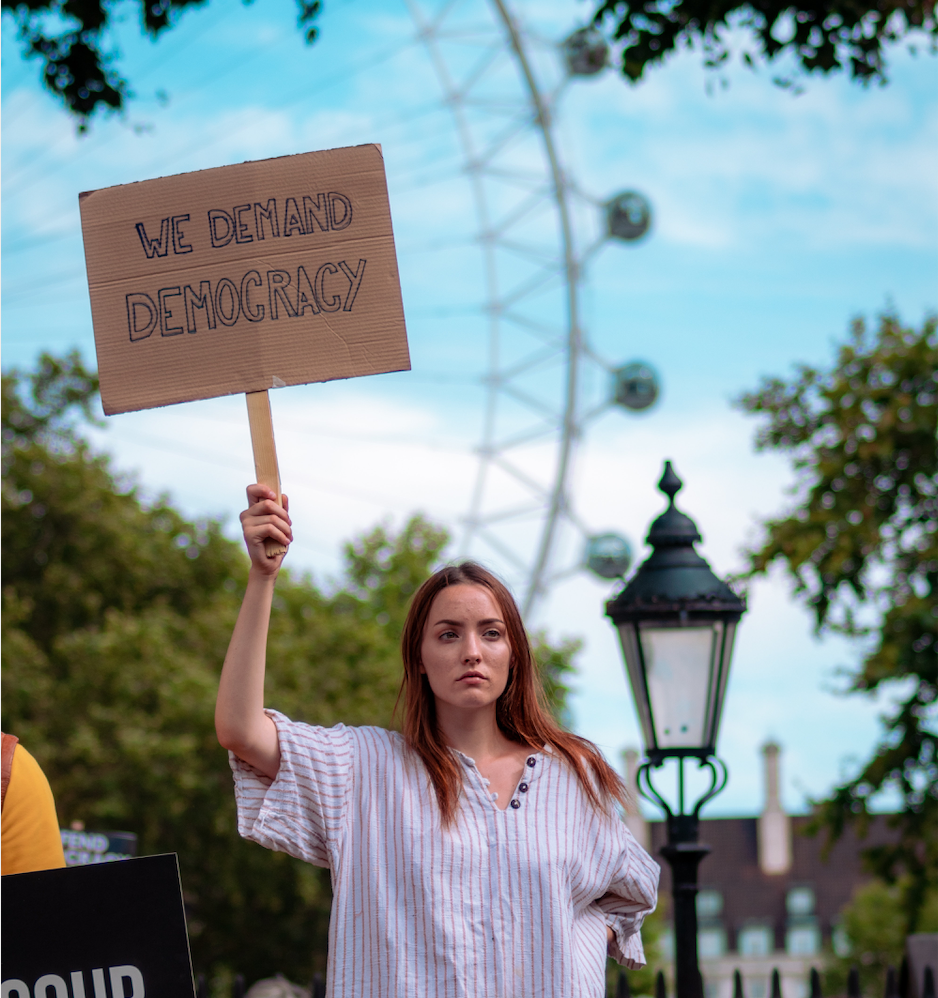Voting has always been a complicated issue in America. From the women’s suffrage movement in the 19th and early 20th centuries to the specific voting laws and restrictions that make it difficult for every American citizen to cast their vote, this seemingly simple task of checking off the name of a candidate for political office is not always so easy.
In the 2016 presidential election, almost 50% percent of US citizens between the ages of 18 and 24 were not registered to vote. https://populardemocracy.org/expandthevote-hstoolkit Many young voters (18-24) face such confusion and legal obstacles regarding their voting rights and requirements that they feel incapable of voting.
Gen Z makes up a great portion of the American citizenry. We are just as affected by national and local legislation as adults are and tend to be very interested in politics. Many Gen Z-ers participate in teen led social justice initiatives, have strong opinions about politics, and march for issues we care about, whether that be climate change, women’s rights, or gun reform.
However, we are not included in the electorate. The voting age in the United States and in many, but not all, countries is 18. Members of Gen Z look for other ways to impact democracy, on both small and large scales.
Since the 2016 presidential election, there have been incredible strides in youth voter turnout, but there is still significant room for improvement, reported the League of Women Voters in 2019. And many people have thought to take high school voter registration for 18 and 19 year olds a step further, posing the question:
Why shouldn’t other high schoolers have the right to vote?
In the era of Gen Z, a movement to lower the voting age to 16 swept the nation. In March of 2019, Representative Ayanna Pressley of Massachusetts proposed an amendment to the Democrats’ anti-corruption and voting rights bill that would lower the voting age to 16 years old. https://www.cnn.com/2019/03/09/opinions/let-teens-vote-ayanna-pressley-berlatsky/index.html
Although this proposition was voted down, youth-led movements to lower the voting age (usually with the aim of lowering it to 16, occasionally drawing the line at 17) have been picking up speed all across the country since before 2013, according to the New York Times. https://www.nytimes.com/2019/05/19/us/politics/voting-age.html
In addition to these movements, many organizations such as the Civics Center have taken action to ensure basic voter registration in high schools across the country by helping teens organize voter registration drives at their schools. The National Conference of Youth Legislatures lists 18 states, as well as Washington D.C., that allow people to preregister to vote at age 16 or 17. https://www.ncsl.org/research/elections-and-campaigns/preregistration-for-young-voters.aspx
However, the Civics Center reports that the majority of Americans graduate without having registered to vote, often because their school has not prioritized voting registration. https://thecivicscenter.org/
Gen Z-ers argue that given teen involvement in movements of gun reform, climate change, and more, 16 and 17 year olds have earned their right to vote. The National Youth Rights Association lists in their compilation of the “Top Ten Reasons to Lower the Voting Age” the fact that citizens under 18 are required to follow laws which they have no institutional say in making. https://www.youthrights.org/issues/voting-age/top-ten-reasons-to-lower-the-voting-age/
The voting system for the 2020 presidential election will undoubtedly be unchartered territory for adults and Gen Z-ers all over the country. It is unclear how long the global COVID-19 pandemic will last, and if it continues into the fall American citizens may very likely be casting their ballots virtually come November.
An online voting system, despite raising concerns regarding voting interference, will make participating in the electorate more accessible to many people. More voices will be heard from all corners of the nation. Should the voice of Gen Z also be represented?
Many adults argue that those in their mid-teens lack the maturity to play a role in deciding our country’s leader. It is true that the brain is not fully developed at 16, however this argument of immaturity raises several questions regarding the other rights that teenagers such as myself possess: We can drive a car and be employed in a tax-paying job. In addition, teenagers can be incarcerated in juvenile prisons and may receive sentences parallel to adult criminal convictions, and can fight in the military.
However, there are other factors to consider. A major one: parental influence.
I discuss politics with my parents frequently. They tell me their opinions on relevant issues and I tell them mine. I try not to be too influenced by their views, and they want me to come to my own conclusions about current events and the political climate. In fact, my parents hold different views from one another and often debate over which news sources are more reliable. They admit that all the news sources they get their information from, regardless of political identity, are biased.
I feel that I have benefited greatly from hearing my parents’ different perspectives on a variety of topics. While my parents would never pressure me into conforming to their political beliefs, there is a danger that some parents would intentionally or unintentionally inform their children’s ballot.
It is sometimes said that people’s strengths mirror their weaknesses. This philosophy holds true for the young age of Gen Z: it is simultaneously our strength and our weakness. Linguists agree that it is better for people to learn a language at a young age, because a child’s brain is more adaptable. Similarly, Gen Z’s youth and impressionability make us curious about and easily receptive to new ideas. We tend to be open-minded. But our susceptibility to internalize the opinions of others, particularly those of adults, is a strong vote (no pun intended) in favor of withholding the right to vote until we are adults ourselves.
It may seem hard to believe that only fifty years ago teenagers rallied together, calling on their lawmakers to lower the voting age from 21 to 18. Baby Boomers’ dream of expanding suffrage to the youngest adults in American society was realized in 1971 by the 26th amendment.
Only one hundred years ago women in the United States were granted the right to vote by the 19th amendment. We are always improving our democracy, and it is in the hands of the American people, especially Gen Z-ers, to advocate for a lower voting age or not.
Regardless of whether or not new voting guidelines are put in place, one of the most important ways to ensure a Gen Z voter turnout in the next election is through setting up voter registration programs in high schools. It is paramount that high schools everywhere make voting registration a priority—the right to vote is one of the most valuable privileges that our democracy grants us. The 2020 election is creeping up on us, and then 2024, and 2028, and so on…
We may not be able to cast our ballots quite yet, but regardless, Gen Z-ers will continue to grow as thinkers, people, and citizens. Let’s register to vote.
Love,
Grace

I’m sixteen years old and live in New York City with my parents, older sister, and dog. I attend The Brearley School where I am Editor-In-Chief of the newspaper, member of the Service Club, member of the School Culture Committee and founder of the FRESH Club. I also participate in The World Leading Schools Association’s Cross Cultural Leadership Program. My interests include food justice, childhood development, social entrepreneurship, the relationship between Gen Z and Gen Alpha, my family, and chocolate.


